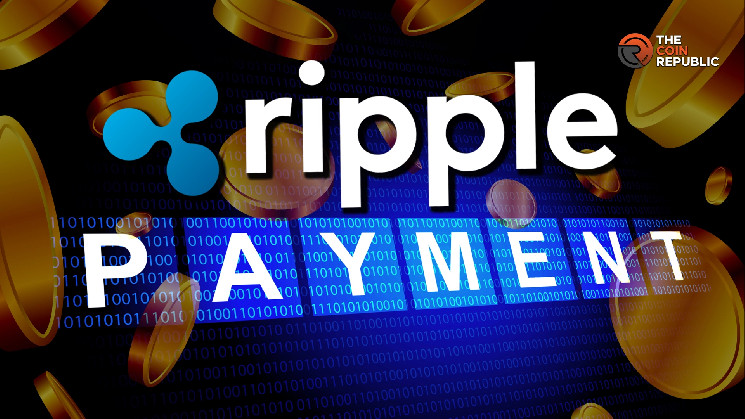Ripple, a leading blockchain payments company has recently declared that it has extended its payment services to more than 80 countries. This was captured in the recent release by the company titled ‘Why Crypto Liquidity Matters in the Modern Financial Landscape’.
This move shows that Ripple is still working towards improving the effectiveness and coverage of its cross-border payment systems.
First introduced in Q4 of 2023 under the name Ripple Payments, this service is an extension of the company’s previous XRP-based On-Demand Liquidity (ODL) platform. When it was launched, the service provided information to more than 70 markets. The latest growth allows Ripple to address the growing need for fast and affordable cross-border payments.
NEW — Ripple stating the Payments platform has increased to more than 80 countries.#XRP https://t.co/Vxl5FD1RMS pic.twitter.com/aRBapzbGml
— Chad Steingraber (@ChadSteingraber) July 25, 2024
The Role of Crypto Liquidity in Financial Systems
In its report, Ripple predicted that cross-border transactions will be as easy as an email transfer. The company stated that the future can be created through blockchain technology whose foundation is liquidity. Crypto liquidity is crucial for efficient trading of cryptocurrencies without affecting the market price.
Ripple notes that despite advancements in speeding up cross-border payments, traditional financial systems lack transparency. This leaves users unsure about the status of their funds, particularly during off-peak hours and holidays.
Also, Ripple has pointed out the difference in the increase in the crypto market and the much bigger global FX market. The gap highlights the problems of the sector and the importance of finding new solutions.
Ripple Liquidity Management and Technological Integration
To overcome these challenges Ripple is working towards improving its liquidity management. The organization uses artificial intelligence and machine learning to enhance the transaction processes. This ensures adequate liquidity to attend to the client’s needs at all times, including after business hours.
Ripple’s liquidity management has achieved success rates of nearly 100% in transactions and reduced the cost of cross-border payments.
No Settlement in Ripple vs SEC Lawsuit?
The lawsuit between Ripple Labs and the United States Securities and Exchange Commission (SEC) is in the spotlight as the case nears its conclusion. The ongoing case concerning the status of XRP is still awaiting the ruling of Judge Analisa Torres.
In the last few days, speculations regarding the case being settled have been going around in social media and the legal fraternity. In a recent tweet, Attorney Bill Morgan said that any settlement would have to be one in which both Ripple and the SEC give something up. He pointed out that achieving a compromise is common when two parties are in a legal tussle.
What a load of contradictory nonsense. What is the showdown. That already happened in court. If there is a settlement meeting there is no showdown but a settlement. This is unlikely to happen but if it does it is a compromise not a big win. It means both parties give up something https://t.co/zoEHYKmdIp
— bill morgan (@Belisarius2020) July 25, 2024
Marc Fagel, a former SEC officer, also offered his opinion on the issue. He noted that such discussions can hardly take place behind closed doors. Such meetings are usually conducted to discuss matters of procedure or management of a certain case.
The Ripple vs SEC lawsuit is important for the crypto market and especially for the XRP in global expansion. This case may set a precedent for other cryptocurrencies and their relationship with the regulatory authorities in the United States.
 thecoinrepublic.com
thecoinrepublic.com
